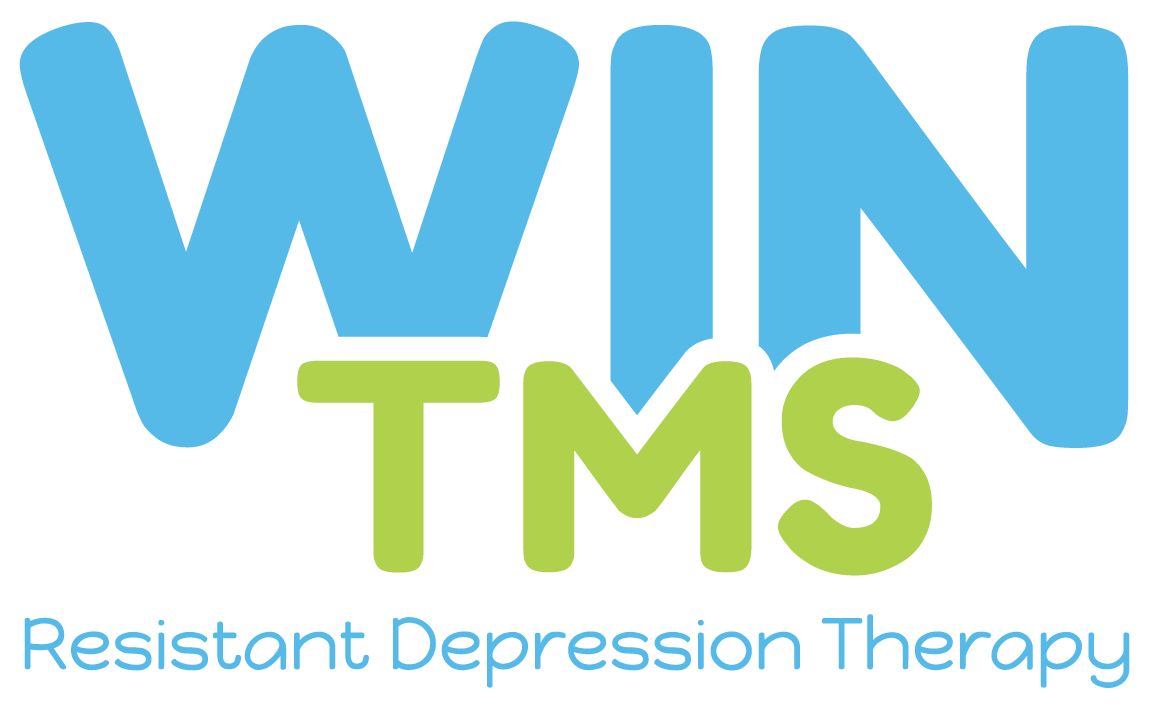Conversations Matter, so Let’s Talk About the One You Have With Yourself
Let’s chat for a few minutes about your internal dialogue. The way you talk to yourself impacts what you think of yourself, and it plays an important role in your quality of life.
Internal dialogues interest us at WIN TMS because our healthcare practice primarily addresses treatment resistant depression. You see, the conversation happening inside each human’s brain has strong links to depression.
What Are Some Helpful Ways to Frame the Internal Conversation Going on in Each of Our Minds?
Psychologists and researchers have a term for the internal human dialogue. It’s self-talk. Importantly, it’s the voice you hear when you are alone with your thoughts. You also sense it when you are in a conversation with another person. Self-talk is that voice that suggests biting remarks, but it also helps you choose kind responses that help you navigate situations with grace.
Given that example, we might consider your self-talk your personal operating system. Just like the one that runs your computer, your operating system needs maintenance.
What Happens If We Only Talk Negatively to Ourselves?
Negative self-talk happens. Rest assured that nearly everyone in the world has called themselves a name or been extremely mad at themselves for a mistake they made.
Issues can arise if a person experiences only negative internal messages. The primary issues are anxiety and depression.
If we trot out the operating system analogy again, we can equate anxiety and depression to computer viruses. Thankfully, there is also something analogous to antivirus software related to your self-talk.
When Do We Learn Negative Self-Talk?
Our self-talk habits come from reinforcement, which comes from our life experiences and our role models. If an adult has positive self-talk, they probably had parents and elders who showed them empathy, understanding and validation during childhood.
On the other hand, adults impacted by negative self-talk
- Likely received negative messages from caregivers
- Were probably rarely praised
- Frequently encountered bitter words from adults in their lives
- May have endured abuse
If your childhood featured any of those behaviors from adults, we can easily understand why your internal voice might say unhelpful phrases:
- You’re not good enough!
- You don’t deserve happiness.
- Why would anyone love you?
We hesitated as we added that list, but those are important examples. If your internal voice talks to you that way, there is a path forward for you.
How Do You Shift Toward Positive Self-Talk?
Just as a computer’s operating system can be updated, each of us can update our self-talk. Now, some folks who read the sentence we just wrote will reply negatively. They might sarcastically proclaim, “Right!” Some will decry, “Sure thing!”
The core of any response like that is tied, of course, to a person’s self-talk. If you’re experiencing a similar response, we encourage you to remember that worthwhile change is not immediate. It takes a little time and a bit of repetition.
Still, you can take steps to create a positive inner dialogue:
- Give yourself grace and permission to just take a moment for a little self-care.
- Breathe deeply.
- Speak aloud positive statements of self-talk.
- Repeat frequently.
- Expect to notice your internal voice gradually changing.
When we practice positive self-talk aloud, we are saying affirmations. Here are some affirmations to get you started:
- I am worthy of love and happiness.
- I believe in myself.
- I have the ability to adapt.
- We can all grow, which means I can grow.
- Everyone faces challenges, and I have the resiliency to find solutions.
Saying these phrases may feel strange at first. Most new things feel different, after all. Once you get used to your new affirmations, your mind will internalize them, and your personal dialogue can transition from negative to positive.
Could Your Internal Dialogue Benefit From Our Modern Therapy?
Already, we have given you powerful advice today. Affirmations can immensely change your self-talk and your life.
Still, they may not be quite enough if you are currently experiencing treatment resistant depression. At WIN TMS, we expertly treat this condition at our modern, convenient facilities in the Milwaukee area.
The treatment we employ is in our practice’s name, and it means transcranial magnetic stimulation:
- This treatment fits into your schedule.
- It works for most of our patients.
- You can notice positive results within a few short visits.
- Insurance covers TMS.
Our treatment is a valuable addition to your self-talk toolkit if you’re currently facing depression, too.
If you would like to learn more about WIN TMS and our treatment, talk to us today. We will listen, and we’ll answer all your questions.












Leave a Reply
Want to join the discussion?Feel free to contribute!